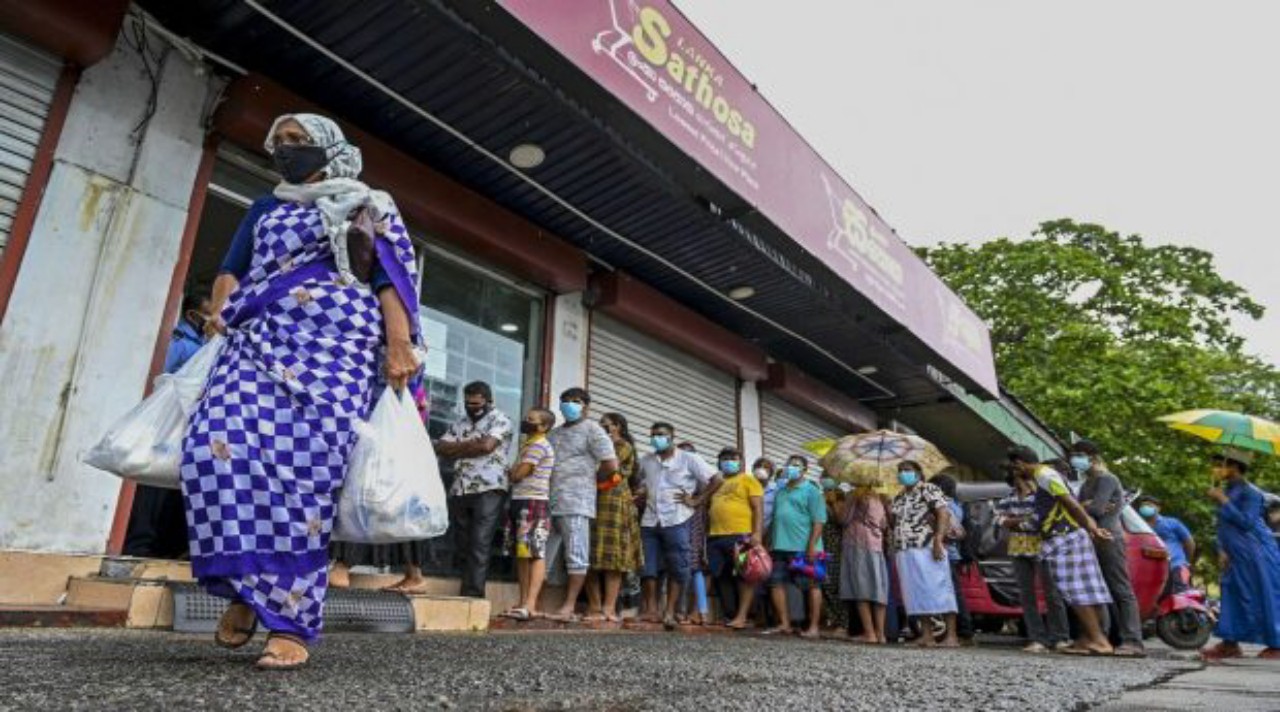
The national emergency in Sri Lanka was lifted by President Gotabaya Rajapaksa late Tuesday night, with effect immediately. The President said in a public declaration number 2274/10 that he has revoked the Emergency Rule Act, which allowed security forces broad powers to quell any unrest in the nation.
Amid widespread outrage at the Rajapaksa family, Chief Government Whip and Highways Minister Johnston Fernando stated on Wednesday that President Gotabaya will just not resign. “Permit me to tell you that the President received 6.9 million votes. We are clearly stating as a government that the president will still not quit under any conditions. “We’ll deal with it,” he said. Fernando said that the opposition Janatha Vimukthi Peramunawas (JVP) party is to blame for the country’s unrest, claiming that “thug politics” must not be tolerated and urging people to quit the chaos and destruction.
What led to Economic Crisis in Sri Lanka?
On April 1, President Rajapaksa declared a state of emergency following a series of protests over the country’s biggest financial catastrophe, with hundreds demonstrating outside the President’s residential building, demanding his resignation. With almost 40 MPs proclaiming themselves autonomous on Tuesday, the governing party appears to have lost its support in the 225-member Parliament.
“President’s Resignation will increase political Uncertainty”: Moody
According to Moody’s, the resignations of senior leaders in Sri Lanka’s government will increase political uncertainty, exacerbating the country’s foreign liquidity and budgetary problems. The tough political situation in Sri Lanka might hinder policymaking and the economy’s comeback from the pandemic, according to the American business and financial services firm.
It went on to say that rising social unrest and intermittent curfews are likely to put the tourism economy under even more hardship.
